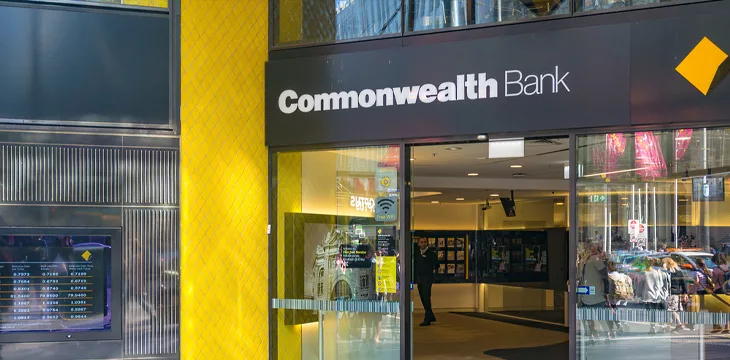|
Getting your Trinity Audio player ready...
|
Australia’s largest bank announced that it would block some payments to digital asset exchanges as part of new measures to protect clients against scammers.
On Thursday, the Commonwealth Bank of Australia (CBA) said the new prohibitions would include total bans against some exchanges. It, however, failed to identify the exchanges that would be affected.
In some instances, it will be holding the payments to some exchanges for 24 hours.
CBA will also soon introduce an AUD 10,000 (US$6,666) monthly transfer limit to exchanges to further cut down on scammers.
“Customers who make payments to crypto-currency exchanges are currently facing a significantly higher risk of potentially being scammed,” commented James Roberts, the bank’s general manager for fraud management services.
“There’s a disproportionate number of scams where the proceeds are flowing out through cryptocurrency exchanges. When money goes to those exchanges, we’re finding it almost impossible to recover funds from those entities,” he added.
Australia has seen its fair share of BTC scams. According to the country’s consumer watchdog, BTC scammers swindled $149 million from investors last year, accounting for 7% of the $2 billion lost to scams in 2022.
However, according to another Big Four bank report, a third of all scam payments in Australia are paid directly to a digital asset exchange.
CBA’s ban comes less than a month after Westpac, the fourth largest bank in Australia, announced a similar move. However, Westpac was more specific than CBA, claiming that its ban would mostly impact high-risk offshore exchanges like Binance.
CBA’s Roberts denied that its ban has anything to do with the U.S. SEC’s legal action against Binance for ‘calculated evasion’ of U.S. securities laws. The bank is ready to review the bans should the situation change, Roberts added.
“These restrictions are not permanent. Should the risk improve to the point where it’s at an acceptable level, that would be an inflection point for us to review these decisions to make sure we strike the right balance,” he said.
Watch: Bitcoin has become Orwellian but it’s now being restored to the original vision

 07-13-2025
07-13-2025 





